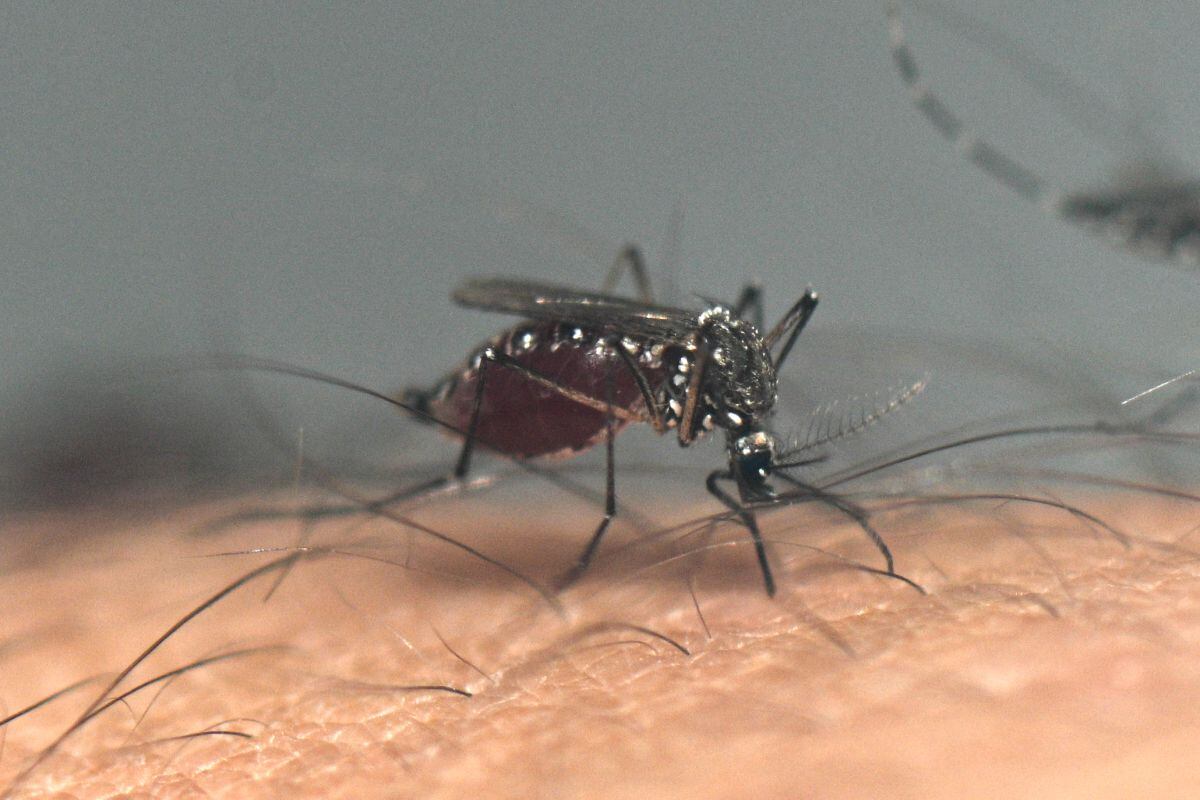
The ministers and authorities of Health of the Mercosur pointed out this Friday in Asunción that the prevention of dengue, of which the Pan American Health Organization (PAHO) warned for this year his “worst season”, requires a comprehensive strategy to eradicate the transmitting mosquito and not only the application of vaccines.
“The vaccine is not a useful tool to stop a dengue outbreak. Many times there is some confusion in the population that a vaccine has the same effect for certain infectious diseases.”, declared the Minister of Health of Argentina, Mario Antonio Russo.
During his participation in the LIV Ordinary Meeting of Health Ministers of Mercosur – the bloc that also includes Paraguay, Uruguay, Brazil and Bolivia – the official clarified that a vaccine prevents mortality and serious cases, but does not solve the problem of mosquito eradication.
“If we do not set the goal of eradicating the vector, we are going to send a somewhat confusing message that the vaccine is going to solve this problem.”warned the minister, who indicated that 2023 was the first year in which the disease behaved endemically in Argentina.
For the general director of health of Uruguay, Adriana Alfonso, a “comprehensive management strategy” to address the dengue, Zika and chikungunya viruses, whose main vector is the Aedes aegypti mosquito.
“There is no single recipe”indicated the Uruguayan delegate, who pointed out that each country has a particular health situation and must adapt strategies.
Alfonso also warned about the need to “provide for control mechanisms” at an environmental level after stating that “Fumigation is not a panacea.”
The official also highlighted that the regional authorities committed to “improve laboratory capabilities” for the diagnosis of the disease.
For her part, the Minister of Health of Paraguay, María Teresa Barán, assured that they work as a regional bloc in “the transfer of knowledge and experiences” between countries.
Likewise, attendees discussed regional cooperation to expand the capacity to produce medicines, supplies and technologies for health, an initiative that was presented by Brazil.
In that sense, Barán highlighted that, after the “lesson learned” of the covid-19 pandemic, they saw the need to strengthen the production of medicines in the region.
“The idea is that as Mercosur countries we can work in an articulated manner, we can work as a team and we can develop and transfer the knowledge and technologies of the different countries,” he detailed.
Source: Gestion
Ricardo is a renowned author and journalist, known for his exceptional writing on top-news stories. He currently works as a writer at the 247 News Agency, where he is known for his ability to deliver breaking news and insightful analysis on the most pressing issues of the day.












